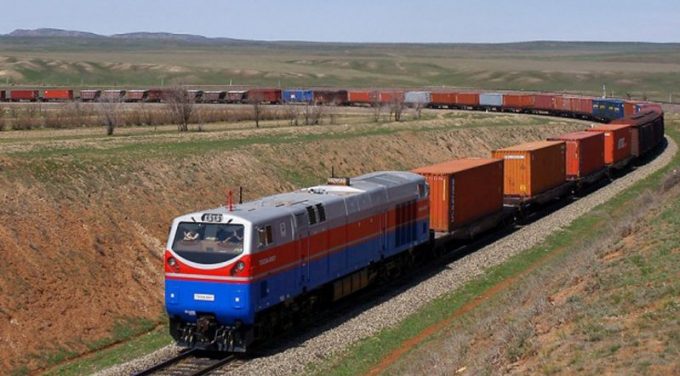Disconnect: time-charters and the freight market
Time to jump off?

As the new alliance structure prepares to get underway tomorrow, with the Ocean and THE alliances launching services, shippers and forwarders are preparing for the possibility of severe supply chain disruption.
The drawing up of contingency plans was in part due to a growing sense of ...
Predatory rivals circle as the ripples from DSV's Schenker buy widen
MSC Elsa crew face criminal probe, as Wan Hai 503 firefighters battle on
Latest Israeli attack on Iran a threat to box ships in Straits of Hormuz
DHL Express facilities in Canada forced to shut down by strike
Industry concerns rise after yet another box ship on fire off Indian coast
'It's driving us mad', say forwarders as US court fails to end tariff turmoil
European port congestion easing – for now
More legal trouble in India for MSC: feeder vessel detained after box ship disasters


Comment on this article